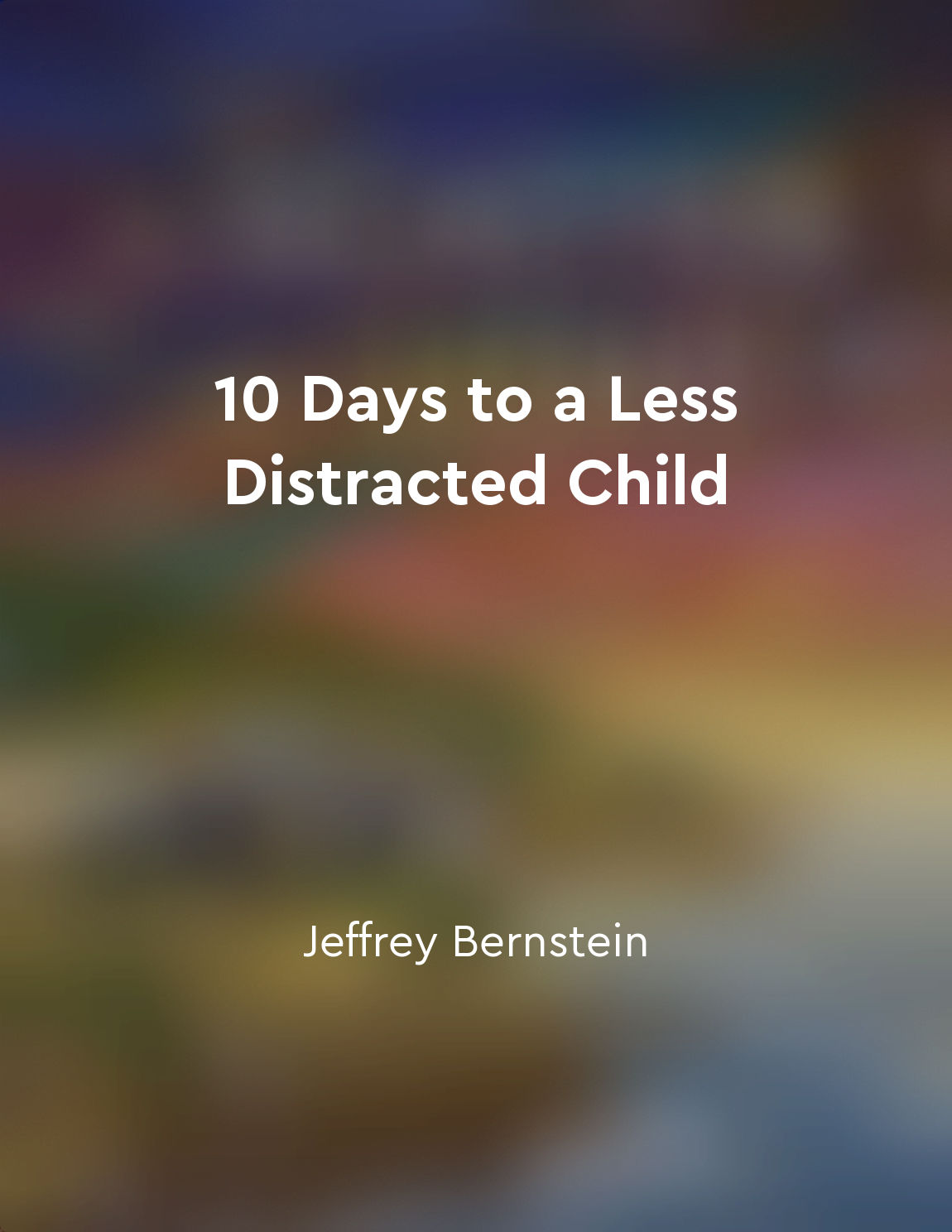Validate your child's experiences from "summary" of This Is a Book for Parents of Gay Kids by Dannielle Owens-Reid,Kristin Russo
It is essential to acknowledge and validate your child's experiences as they navigate their journey of self-discovery and self-acceptance. Your child's feelings, thoughts, and experiences are real and valid, even if they may be different from what you expected or hoped for. By validating your child's experiences, you are showing them that you hear and understand them, which can strengthen your relationship and build trust between you. When you validate your child's experiences, you are not necessarily agreeing with or condoning everything they say or do. Rather, you are simply acknowledging their feelings and perspectives as legitimate. This validation can help your child feel seen and heard, which can be incredibly empowering for them as they navigate their identity and navigate the challenges that may come with it. Validating your child's experiences can also help them feel more comfortable opening up to you about their thoughts and feelings. When your child feels that you are listening and taking their experiences seriously, they may be more willing to share their struggles, fears, and triumphs with you. This open communication can strengthen your relationship and help you better support your child as they navigate the ups and downs of growing up LGBTQ+. It is important to remember that validating your child's experiences does not mean you have to have all the answers or know exactly what to say. Simply listening with an open mind and heart can go a long way in showing your child that you care about their well-being and happiness. By validating your child's experiences, you are creating a safe and supportive space for them to be their authentic selves and thrive.Similar Posts

Teach them to prioritize tasks effectively
One crucial skill that can help children become less distracted is learning how to prioritize tasks effectively. This means bei...

Communication is key in building trust with children
In building trust with children, communication plays a vital role. When we communicate effectively with our children, we open t...
It is crucial to teach children about diversity and inclusivity
Children are not born with knowledge of social categories such as race, gender, and ethnicity. However, they quickly learn abou...
Love unconditionally and cherish the journey of parenthood
The essence of parenting lies in the ability to love unconditionally and appreciate the journey that comes with raising childre...

Address your own biases
It's important to acknowledge that we all have biases, whether we realize it or not. These biases can come from our upbringing,...
Celebrating the journey of growth and transformation
Imagine a child taking on a new challenge, whether it's learning to tie their shoes or ride a bike. As they stumble and fall, t...

Teach values and virtues through actions
The way we live our lives matters. It’s not just about what we say or what we believe — it’s about what we do. Our actions are ...
Connect and redirect when emotions run high
When emotions run high in children, it can be challenging for them to think clearly and make rational decisions. This is becaus...
Avoid giving unsolicited advice
When we offer unsolicited advice, we run the risk of alienating the very people we are trying to help. It can be frustrating wh...
Parenting is a science that involves understanding children's emotions
Parenting is not just about providing for children's physical needs; it also involves understanding and responding to their emo...
